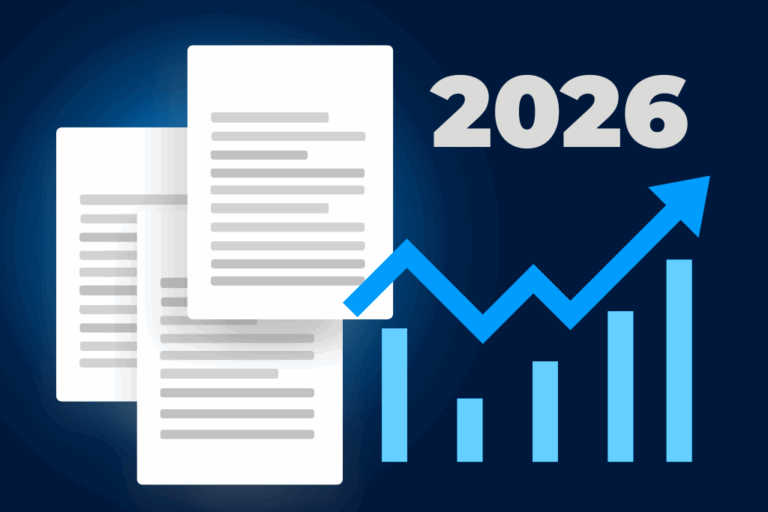Many companies are unaware of the expiry dates of their contracts, and even more let tacit renewals lapse. This lack of visibility is a source of risk, as the company loses the opportunity to renegotiate its contractual conditions, or even terminate the contract.
But when you’re managing hundreds or even thousands of ongoing contracts, it’s not always easy to keep track of your commitments.
In this article, we present you with methods and tools to help you do just that.
Why know the expiry dates of your contracts?
Auditing your expiry dates gives you the opportunity to terminate or renegotiate your contracts at the right time, rather than being subject to tacit renewal. This operation gives you the visibility you need to activate the right savings levers, especially in times of crisis!
To anticipate your end dates, you can always list them by hand in an Excel spreadsheet. It’s then up to you to keep track of them, so as not to forget any deadlines… Unfortunately, this manual operation is time-consuming, as it involves a lot of data entry. If your aim is to activate new sources of savings, then you need to be able to audit your contracts quickly and reliably.
How can you quickly audit your tacit renewals?
This is where artificial intelligence comes into play: capable of recognizing and automatically extracting key data from your contracts, it enters this information into an Excel spreadsheet for you. All that’s left for you to do is analyze this information and make the right decisions in good time. With this type of technology, your audit is 6 times faster than a manual operation.
Some information recognized by the AI: parties contract status effective date expiry date tacit renewal date notice of termination contract amount cancellation period contract duration …
How to use the audit of your contractual due dates?
Artificial intelligence may save you time, but it doesn’t replace professional expertise! It’s up to you to analyze the summary provided by the AI to make the right decisions.
Using your Excel spreadsheet, you can, for example, classify your commitments by termination date, and thus identify those ending in less than 30 days, in more than 90 days, etc. You can also identify those that contain a specific clause, such as a change-of-control or non-competition clause. You can also sort your contracts according to their value, to give priority to the highest-value contracts.
It’s up to you to select the information you want to track, so you can act on what’s important to you.
And after analyzing your contracts?
Using a contract management platform like DiliTrust’s gives you the added advantage of being able to “forget” the contracts you’ve just audited. In fact, the CLM will have already recorded the dates, durations and renewal conditions during the audit. Our CLM solution monitors them for you, and sends you reminders as your deadlines approach.
If you decide to terminate a contract, you can end your relationship by generating the termination letter and using the electronic signature directly within the platform. Your letter is stored in your DiliTrust space, along with your contract, whose status is updated and archived.
GOOD TO KNOW
Beyond monitoring your due dates, imagine what a technology like DiliTrust can enable you to do: AI helps you audit your contracts on a large number of clauses and information in the event of regulatory change (such as the RGPD or IFRS 16), cyclical (such as force majeure during the Covid-19 crisis) or even during a major financial transaction (M&A). It gives you 360° visibility of your commitments to help you control legal and financial risks.


